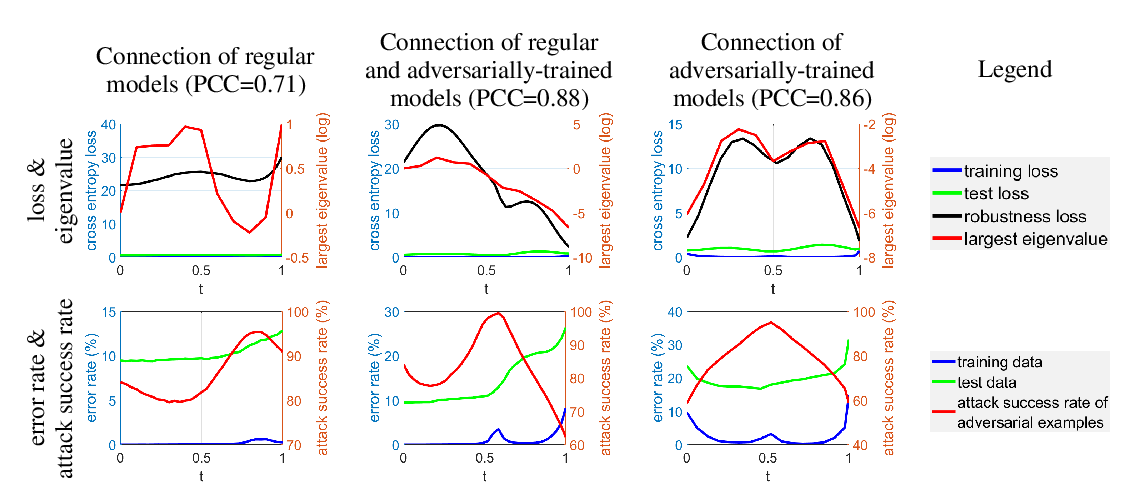Abstract:
Current artificial neural networks (ANNs) can perform and excel at a variety of tasks ranging from image classification to spam detection through training on large datasets of labeled data. While the trained network may perform well on similar testing data, inputs that differ even slightly from the training data may trigger unpredictable behavior. Due to this limitation, it is possible to design inputs with very small perturbations that can result in misclassification. These adversarial attacks present a security risk to deployed ANNs and indicate a divergence between how ANNs and humans perform classification. Humans are robust at behaving in the presence of noise and are capable of correctly classifying objects that are noisy, blurred, or otherwise distorted. It has been hypothesized that sleep promotes generalization of knowledge and improves robustness against noise in animals and humans. In this work, we utilize a biologically inspired sleep phase in ANNs and demonstrate the benefit of sleep on defending against adversarial attacks as well as in increasing ANN classification robustness. We compare the sleep algorithm's performance on various robustness tasks with two previously proposed adversarial defenses - defensive distillation and fine-tuning. We report an increase in robustness after sleep phase to adversarial attacks as well as to general image distortions for three datasets: MNIST, CUB200, and a toy dataset. Overall, these results demonstrate the potential for biologically inspired solutions to solve existing problems in ANNs and guide the development of more robust, human-like ANNs.


